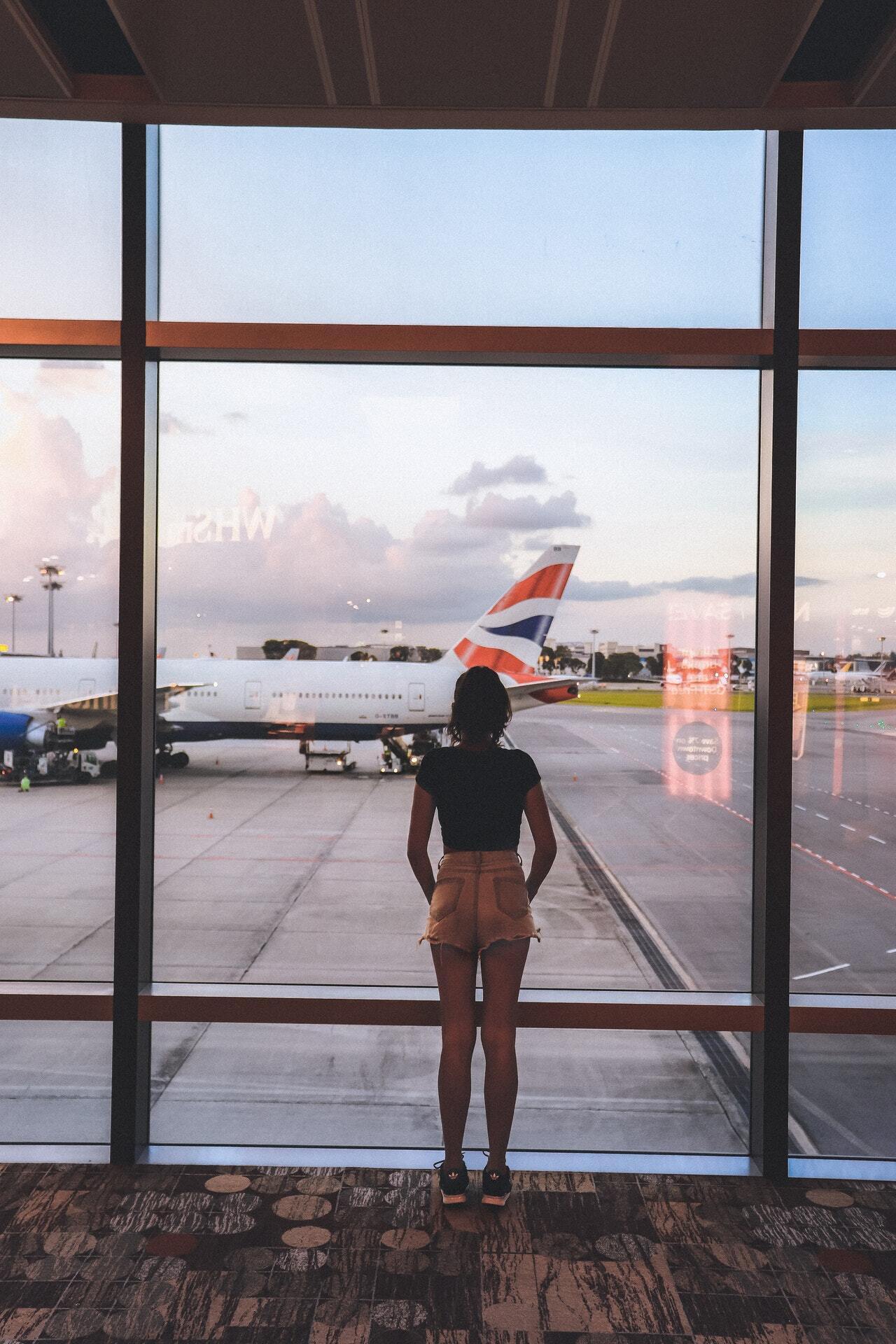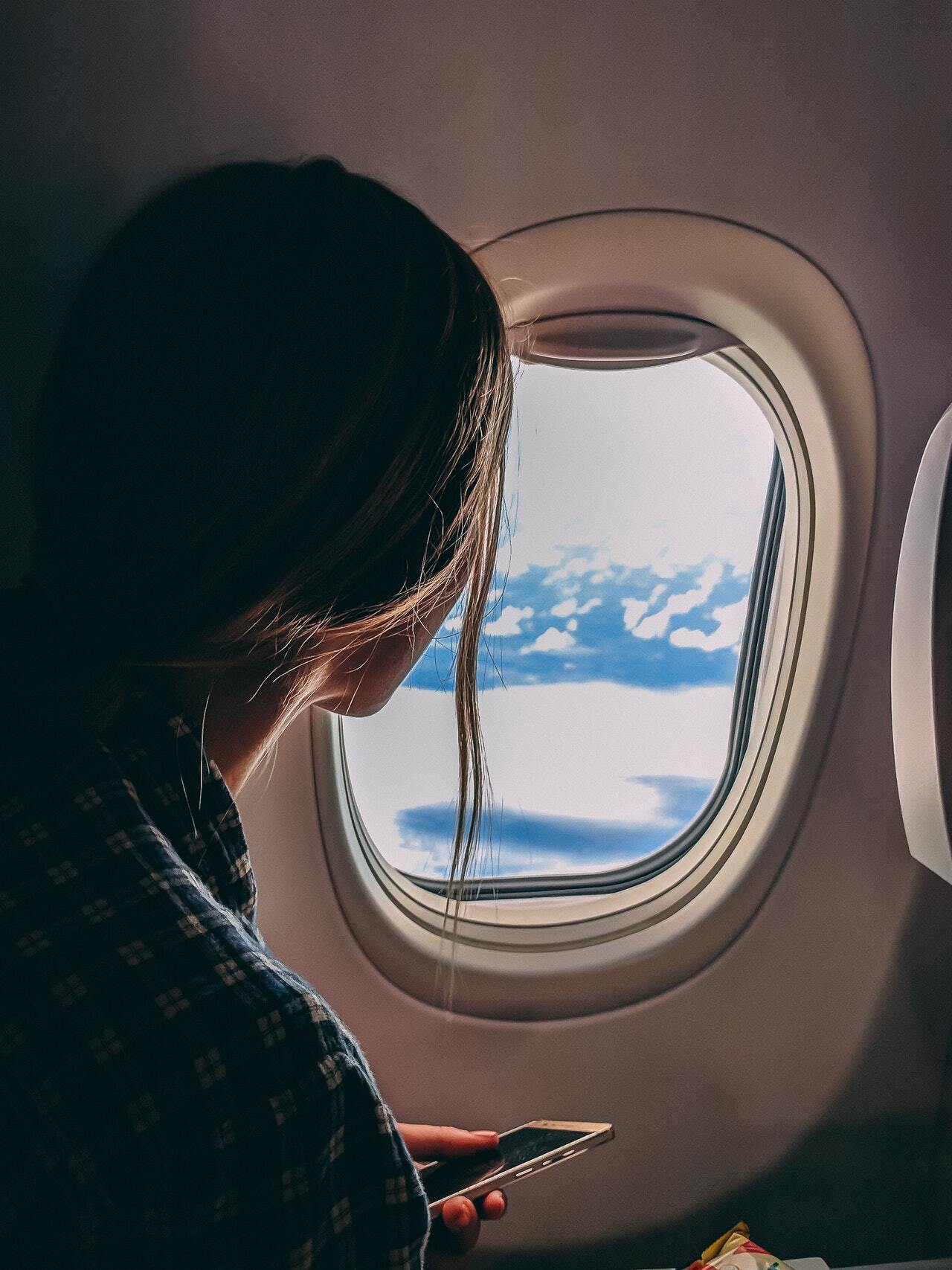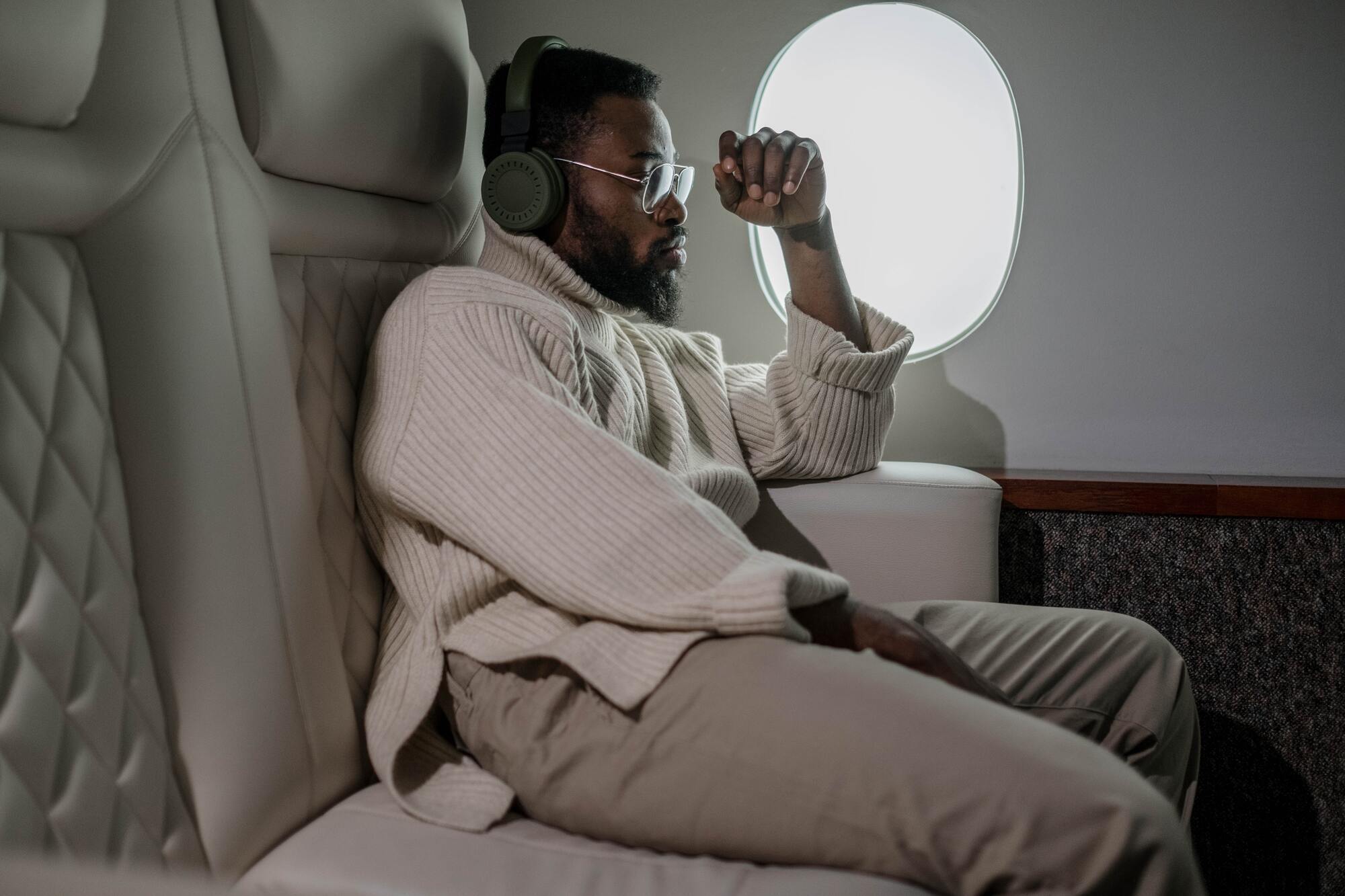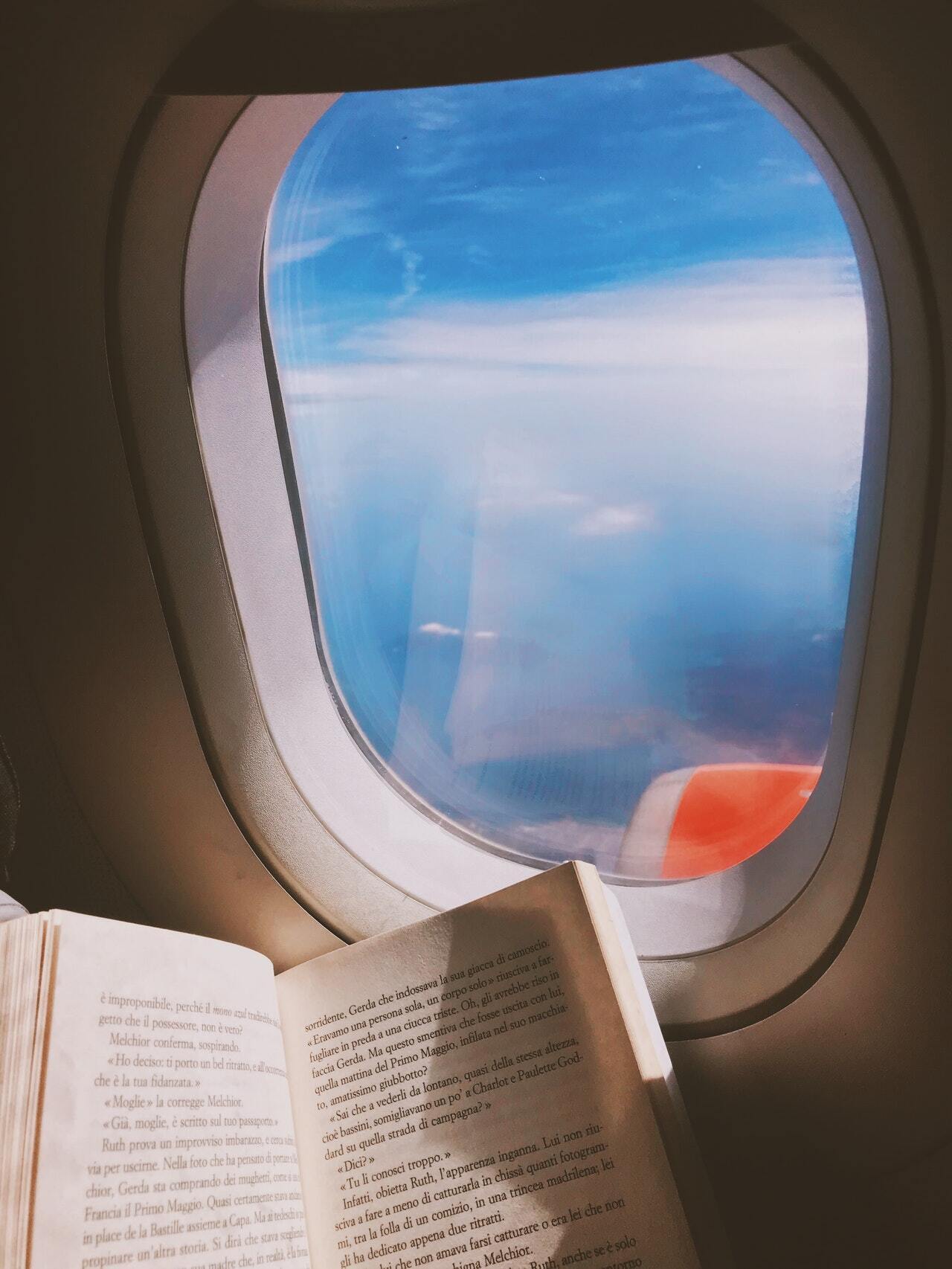News
Put aside the panic. 6 tips for those who are afraid to fly by plane
Some people experience increased anxiety during air travel and may even experience a panic attack. Psychotherapists say that this fear is an intersection of different phobias: fear of heights and fear of being trapped in a closed place where you cannot get out.
In addition, the COVID-19 pandemic has heightened fears of germs, disease, and close contact with strangers. HuffPost has collected expert advice on how not to be afraid of flying and how to calm yourself down on an airplane.
- Focus on your breathing
"People who experience panic tend not to breathe through their diaphragm, which can lead to hyperventilation," said Kevin Chapman, a clinical psychologist from Kentucky who specializes in anxiety disorders.
He recommended inhaling slowly through the nose for 4-5 seconds, then exhaling through the mouth for about 6 seconds.
"Imagine breathing through your belly instead of taking more shallow breaths. Focus on expanding your abdomen and chest and moving as slowly as possible, with the exhalation being longer than the inhalation," added Meg Gitlin, a psychotherapist from New York.
To practice this breathing exercise, you can put your hand on your stomach. This way you will feel the inhalation and exhalation. To calm down, you need to take several deep breaths and exhalations.
- Use cold water
Gitlin said that her favorite way to deal with an impending panic attack is to "shock the body" with cold water. For example, dip a few fingers in a glass of ice water or wet a cloth and place it on the back of your head.
"This activates the so-called 'mammalian diving reflex'. It works by turning on our parasympathetic nervous system, which stores body energy and slows the heart rate, allowing us to physically relax," the expert explained.
This method will help to cope with the discomfort caused by cramped seats or heat on board. It is advised to use it if you feel hot flashes, heart palpitations, and your palms are sweaty.
- Think about your surroundings
Chapman said that thinking about the present without judgment or beating yourself up is a very useful skill to have if you are experiencing anxiety.
He advised practicing your attention and thought control to focus even when you start to feel uncomfortable.
"An additional strategy is to switch your attention from the current 'disaster' to an external signal. For example, the back of the seat in front of you, the people around you, the flight attendants," Chapman explained.
- Make a list of statements that calm you down
Another useful tool for dealing with anxiety and panic attacks is to think of statements that will help you cope with an anxious situation. You can, for example, make a list of them on your phone.
"They are very specific to each person and can sound like: "I can do the things I'm afraid of and I've survived every flight I've been on." They can also remind the person why they are taking this particular risk: "I am flying to visit my sick mother. Our relationship is very important to me, and I'm willing to be uncomfortable to see her," Gitlin explained.
Chapman advised to "ground" yourself with thoughts based on facts. For example, it is unpleasant to feel panic, but it is not dangerous. "There is a significant difference between discomfort and danger," he emphasized.
You can also use shorter phrases if they help you. For example, "home," "breathe," or "I'm safe."
- Talk to your doctor about medication
Panic attacks often come out of nowhere. But if you are prone to these sudden attacks, it may be worth consulting a specialist to prescribe medication.
In this case, experts advise taking a sedative before the flight or simply keeping it on hand in case you feel a panic attack coming on.
"I've found that many people don't even take their medication, but feel comfortable knowing they have it," Gitlin said.
- Find something to distract yourself to relax
Perhaps an episode of your favorite TV show, a magazine, or a book will help you to take the flight more relaxed. You can also bring noise-canceling headphones and listen to upbeat and fun music, a podcast, or watch a movie.
Chapman also advised reading scientific articles about panic before the flight to understand the causes of this condition.
As OBOZREVATEL wrote earlier, Linda Ferguson, a flight attendant with 24 years of experience, told us how not to sleep on an airplane. She said that some passenger habits are dangerous.
And flight attendant Mary Schiavo said that wearing flip-flops during an airplane accident can even lead to death. She explained why these shoes should not be worn for flights.































